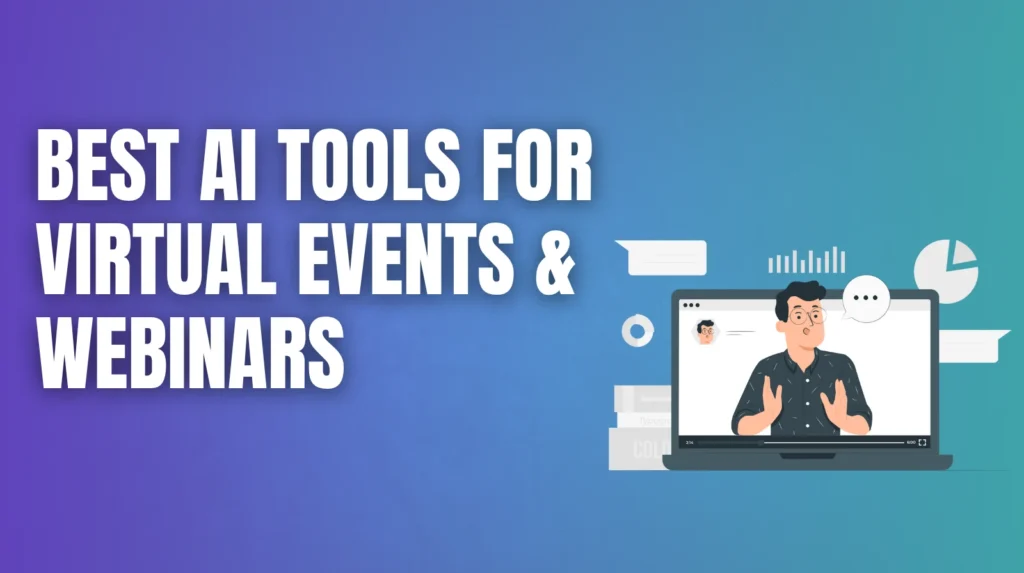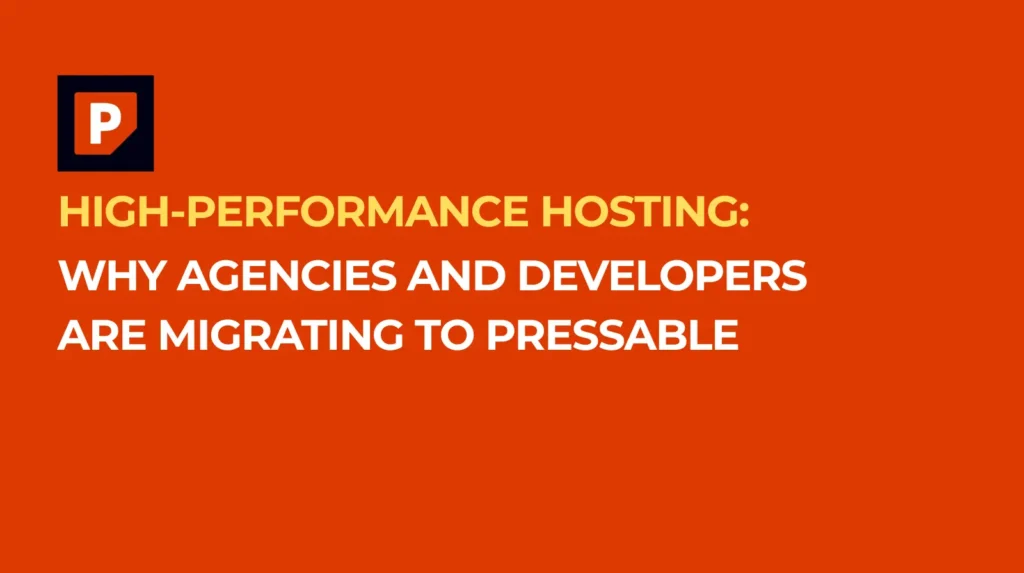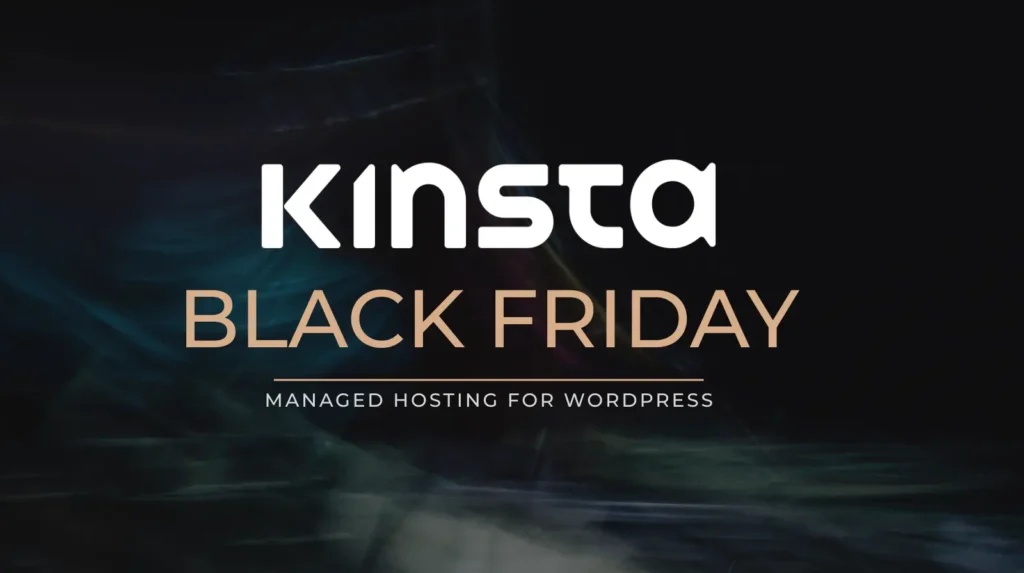The virtual event landscape has been fundamentally reshaped by Artificial Intelligence (AI). Hosting a successful global conference, impactful product launch, or engaging webinar in 2025 increasingly relies on AI virtual events tools and webinar AI solutions. These technologies are crucial for creating dynamic, personalized, and data-rich online experiences.
This guide explores the best AI-powered platforms transforming virtual events, highlighting their standout features and demonstrating how they can elevate your next online gathering. Integrating AI isn’t just about efficiency; it’s about creating genuinely better experiences, a theme common across many of the best AI tools for business.
Why AI is Crucial for Virtual Events & Webinars
Virtual events present unique hurdles: maintaining attendee focus across screens, facilitating meaningful connections digitally, personalizing content at scale, and accurately measuring ROI. AI-powered tools tackle these challenges head-on by:
- Automating Logistics: Handling scheduling, reminders, and follow-ups.
- Enhancing Engagement: Using sentiment analysis, interactive Q&A moderation, and personalized content recommendations.
- Facilitating Networking: Employing intelligent matchmaking algorithms based on profiles and goals.
- Providing Actionable Analytics: Analyzing attendee behavior, content performance, and networking effectiveness to prove value and inform future strategies.
- Personalizing Experiences: Tailoring session suggestions, exhibitor recommendations, and content delivery based on individual attendee data.
Top AI Tools for Virtual Events & Webinars in 2025
Let’s examine the leading platforms integrating AI to deliver superior virtual and hybrid event experiences.
1. Hopin (Potentially transitioning under RingCentral)
(Note: Hopin was acquired by RingCentral. Check current branding/integration status.) Historically a leader, Hopin offered an all-in-one platform strong in networking. Its AI-driven matchmaking connected attendees via shared interests and professional goals, using algorithms to suggest relevant connections. Features included customizable virtual venues, exhibitor booths, and real-time engagement analytics.
Key AI Features (Historically):
- AI-powered attendee matchmaking & networking suggestions.
- Real-time analytics dashboards tracking engagement metrics.
Best For: Conferences, trade shows, large-scale networking events.
2. Zoom Events
Building on the ubiquitous Zoom Meetings platform, Zoom Events adds layers of event management and AI capabilities. Zoom’s AI Companion features enhance the experience with automated multilingual transcription, smart chapter creation for recordings, meeting summaries, and potentially sentiment analysis during live sessions, offering valuable feedback.
Key AI Features:
- AI Companion: Automated summaries, smart recordings, next steps generation.
- Live transcription and translation (AI-powered).
- Potential for AI-driven breakout room suggestions and engagement tracking.
Best For: Webinars, corporate training, virtual conferences, workshops leveraging familiar tech.
3. vFairs
vFairs excels in creating immersive, visually rich virtual environments that mimic physical venues. AI enhances this through intelligent chatbots providing instant attendee support, personalized recommendations for booths or sessions based on user profiles, and gamification elements designed using engagement data.
Key AI Features:
- AI-powered chatbots for 24/7 attendee assistance.
- Personalized content, session, and exhibitor recommendations.
- Data analysis potentially used to optimize event layout and flow.
Best For: Virtual career fairs, trade shows, university open days, expos requiring visual immersion.
4. Brella
Brella is laser-focused on facilitating high-quality networking. Its core strength is its intent-based AI matchmaking, which goes beyond simple profiles to connect attendees based on specific meeting goals and interests declared beforehand. Intelligent scheduling finds mutual availability, maximizing connection opportunities.
Key AI Features:
- Advanced AI matchmaking based on attendee intent and profiles.
- Smart meeting scheduling across time zones.
- Personalized session recommendations.
- Analytics focused specifically on networking success (meetings scheduled/rated).
Best For: Business matchmaking events, investor summits, conferences where networking is paramount.
5. ON24
ON24 is a leading webinar AI platform built for marketing and demand generation. Its AI analyzes attendee engagement signals (clicks, downloads, poll responses, Q&A) to generate an engagement score, helping sales teams prioritize leads. It also enables dynamic content personalization during the webinar.
Key AI Features:
- AI-driven attendee engagement scoring and analytics.
- Personalization of content and calls-to-action in real-time.
- Seamless integration with CRM/MAP for lead scoring and follow-up.
Best For: Marketing webinars, virtual summits, product demos, lead generation campaigns. Integration with top marketing automation tools is a key strength.
6. Cvent
Cvent is a comprehensive event management platform for virtual, hybrid, and in-person events. Its AI capabilities span the event lifecycle, including predictive analytics for registration trends, AI-powered recommendations for attendees (sessions, connections), automated marketing workflows, and sophisticated reporting using attendee behavior data.
Key AI Features:
- AI-driven attendee insights and personalized recommendations.
- Predictive analytics for registration and attendance.
- Automated event marketing sequences.
- Robust analytics suite leveraging AI for deeper insights.
Best For: Large corporate events, hybrid conferences, trade shows requiring end-to-end management.
7. Whova
Widely used for academic and professional conferences, Whova employs AI to enhance organization and engagement. Features include smart agenda recommendations based on attendee profiles, AI-powered matchmaking for networking, analysis of live poll results, and automated collection/summarization of feedback. Gamification often uses AI insights to drive participation.
Key AI Features:
- AI-driven agenda personalization and session recommendations.
- Intelligent matchmaking for networking.
- Automated feedback analysis and summarization.
- Smart session Q&A moderation assistance.
Best For: Academic conferences, professional association meetings, workshops, expos.
8. Eventzilla
Eventzilla leverages AI primarily for streamlining registration and communication. Its AI tools can help analyze registration patterns, automate personalized email campaigns to attendees based on their segment or behavior, and provide real-time dashboards tracking key event metrics.
Key AI Features:
- AI-enhanced registration analytics and trend spotting.
- Automated, personalized email communication workflows.
- Real-time reporting dashboards with AI-driven insights.
Best For: Webinars, workshops, training sessions, mid-sized conferences needing efficient registration and communication.
9. Remo
Remo focuses on creating interactive virtual spaces that encourage organic networking, simulating ballroom or roundtable discussions. AI enhances this by potentially optimizing table suggestions or analyzing conversational data (anonymously) to gauge networking effectiveness and topic interest within its virtual floor plans.
Key AI Features:
- Potentially AI-assisted networking table suggestions.
- Real-time analytics on attendee movement and interaction patterns.
- Customizable virtual layouts that can be optimized based on past event data.
Best For: Virtual networking sessions, team-building activities, interactive workshops, virtual office hours.
10. Airmeet
Airmeet is designed for community engagement and interactive events. AI powers its “Social Lounge” for speed networking, suggests connections, and provides analytics on audience engagement levels during sessions (like Q&A participation, poll responses).
Key AI Features:
- AI-driven speed networking and connection suggestions in social lounges.
- Detailed attendee engagement analytics.
- Potentially AI-assisted Q&A sorting or theme identification.
Best For: Community meetups, product launches, town halls, interactive online courses.
11. RingCentral Events (Incorporating Hopin technology)
As RingCentral integrates Hopin’s assets, RingCentral Events aims to be a robust platform for virtual and hybrid events, potentially leveraging AI across the board. Expect AI features supporting content generation for event pages, automated email copy, multimedia editing for session highlights, unified analytics, and potentially Hopin’s matchmaking capabilities.
Key AI Features (Expected/Emerging):
- AI content generation for event marketing materials.
- AI-powered video highlight creation and editing.
- Unified analytics dashboards with potential predictive insights.
- Enterprise-grade security features potentially enhanced by AI threat detection.
Best For: Large-scale hybrid events, corporate summits, global conferences needing robust infrastructure.
How AI Enhances the Virtual Attendee Experience
Beyond operational efficiency, AI directly benefits attendees:
- Hyper-Personalization: AI tailors the event journey, recommending relevant sessions, exhibitors, and networking contacts based on individual profiles and behavior, making the experience more valuable.
- Smarter Networking: AI matchmaking cuts through the noise, connecting attendees with the right people based on complementary goals, saving time and fostering meaningful interactions.
- Increased Engagement: Real-time features like AI-moderated Q&A, sentiment analysis during sessions, and personalized content keep attendees actively involved.
- Instant Support: AI chatbots provide immediate answers to common questions, improving satisfaction and accessibility.
Innovative Ways to Leverage AI in Virtual Events
AI’s application extends beyond standard features:
- Automated Content Summaries: Use AI to generate quick summaries of sessions for attendees who missed them or for post-event content.
- Predictive Scheduling: Let AI suggest optimal times for sessions based on global attendee time zones and engagement data.
- Enhanced Accessibility: Leverage AI for real-time transcription, translation, and even sign language interpretation overlays.
- Intelligent Gamification: Design challenges and rewards based on AI analysis of attendee behavior patterns to maximize participation.
- Personalized Post-Event Journeys: Use AI to tailor follow-up emails, content recommendations, and future event invitations based on individual engagement.
Choosing the Right AI Virtual Event Tool
Selection depends on your specific needs:
- Primary Goal: Is it networking (Brella, Hopin/RingCentral), marketing/webinars (ON24, Zoom Events), or immersive experiences (vFairs)?
- Scale: How many attendees? (Zoom Events, Cvent, RingCentral Events handle large scale).
- Key AI Features: Do you need matchmaking, advanced analytics, chatbots, or content generation most?
- Integrations: Does it connect with your CRM (like Salesforce via top Zoho alternatives), marketing tools, or collaboration platforms?
- Budget: Platform costs vary significantly. Consider tiered features and per-attendee costs.
The Future is Intelligent: AI in Events
AI virtual events tools and webinar AI are rapidly evolving. Expect deeper integration of generative AI for content creation, more sophisticated predictive analytics for ROI measurement, and increasingly seamless hybrid event experiences powered by AI logistics. Embracing these technologies is key to staying competitive and delivering exceptional online events. These tools represent a significant leap in efficiency, similar to the advancements seen in AI project management tools.
Conclusion
AI is revolutionizing the virtual and hybrid event landscape, moving platforms beyond simple streaming to become intelligent, interactive, and personalized experience hubs. By automating tasks, providing deep insights, and fostering meaningful connections, AI virtual events tools and webinar AI empower organizers to deliver more engaging and impactful events.
Whether you choose an all-in-one platform like Cvent or a specialized tool like Brella, integrating AI into your event strategy is essential for success in 2025 and beyond. Explore the options, identify the features that align with your goals, and leverage the power of AI to create truly memorable online experiences.








